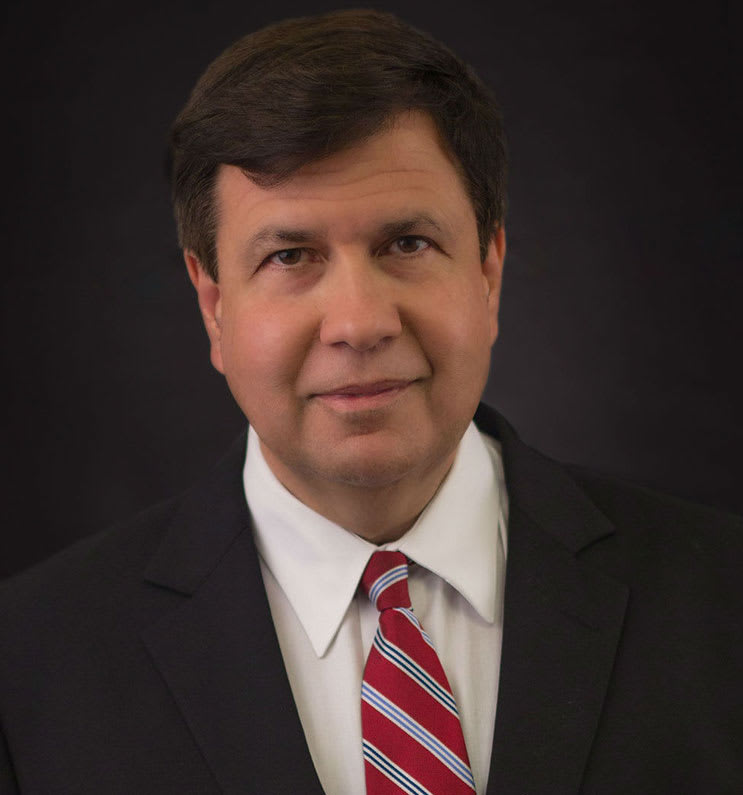
John M. Scagnelli
Partner
201-896-4100 jscagnelli@sh-law.comFirm Insights
Author: John M. Scagnelli
Date: July 12, 2019

Partner
201-896-4100 jscagnelli@sh-law.comThe New Jersey Legislature is advancing legislation that would amend the state’s Site Remediation Reform Act (SRRA). The bill, dubbed SRRA 2.0, aims to incorporate lessons learned since the environmental law was enacted a decade ago.

The SRRA, enacted in 2009, established the Licensed Site Remediation Professional (LSRP) program. It also altered the process of how contaminated sites are remediated in New Jersey, shifting the day-to-day oversight of site remediation to LSRPs.
The SRRA also established an affirmative obligation for persons to remediate any discharge for which they would be liable pursuant to the Spill Compensation and Control Act. The statute also created mandatory remediation timeframes for the completion of key phases of site remediation.
The legislation, Senate Bill 3683/Assembly Bill 5293, would make several amendments to the SRRA, both with respect to the remediation of contaminated sites and the oversight of LSRPs. Below are several of the most significant changes:
The Assembly Environment and Solid Waste Committee advanced Assembly Bill 5293 on June 10, 2019. In the Senate, the bill is pending before the Senate Environment and Energy Committee. The attorneys of the Scarinci Hollenbeck Environmental & Land Use Law Group will continue to track its status and post updates.
If you have any questions or if you would like to discuss the matter further, please contact me, John Scagnelli, or the Scarinci Hollenbeck attorney with whom you work, at 201-806-3364.
No Aspect of the advertisement has been approved by the Supreme Court. Results may vary depending on your particular facts and legal circumstances.

Earlier this month, the U.S. Supreme Court issued a decision in Ames v. Ohio Department of Youth Services vitiating the so-called “background circumstances” test required by half of federal circuit courts.1 The background circumstances test required majority group plaintiffs pleading discrimination under Title VII of the Civil Rights Act to meet a heightened pleading standard […]
Author: Matthew F. Mimnaugh

Special purpose acquisition companies (better known as SPACs) appear to be making a comeback. SPAC offerings for 2025 have already nearly surpassed last year’s totals, with additional transactions in the pipeline. SPACs last experienced a boom between 2020–2021, with approximately 600 U.S. companies raising a record $163 billion in 2021. Notable companies that went public […]
Author: Dan Brecher

Merging two companies is a complex legal and business transaction. A short form merger, in which an acquiring company merges with a subsidiary corporation, offers a more streamlined process that involves important corporate governance considerations. A short form merger, in which an acquiring company merges with a subsidiary corporation, offers a more streamlined process. However, […]
Author: Dan Brecher

The Trump Administration’s new tariffs are having an oversized impact on small businesses, which already tend to operate on razor thin margins. Many businesses have been forced to raise prices, find new suppliers, lay off staff, and delay growth plans. For businesses facing even more dire financial circumstances, there are additional tariff response options, including […]
Author: Brian D. Spector

Business partnerships, much like marriages, function exceptionally well when partners are aligned but can become challenging when disagreements arise. Partnership disputes often stem from conflicts over business strategy, financial management, and unclear role definitions among partners. Understanding Business Partnership Conflicts Partnership conflicts place significant stress on businesses, making proactive measures essential. Partnerships should establish detailed […]
Author: Christopher D. Warren

*** The original article was featured on Bloomberg Tax, April 28, 2025 — As a tax attorney who spends much of my time helping people and companies who have large, unresolved issues with the IRS or one or more state tax departments, it often occurs to me that the best service that I can provide […]
Author: Scott H. Novak
No Aspect of the advertisement has been approved by the Supreme Court. Results may vary depending on your particular facts and legal circumstances.
Consider subscribing to our Firm Insights mailing list by clicking the button below so you can keep up to date with the firm`s latest articles covering various legal topics.
Stay informed and inspired with the latest updates, insights, and events from Scarinci Hollenbeck. Our resource library provides valuable content across a range of categories to keep you connected and ahead of the curve.
Let`s get in touch!
Sign up to get the latest from the Scarinci Hollenbeck, LLC attorneys!